Meet one of my former D&D characters: Kronos, master of space and time (chronurgy wizard), accidentally turned himself into a grung while experimenting on frog familiars. Jokes that he is his own familiar now. Also has a frog familiar. Claims it is himself from another timeline. Campaign goal: to recover his lost powers. Secret: is delusional, or is he?
Someone at Goodwill hates you right now :)
I'm no neuroscientist (just a regular scientist who happens to know a little about neurology). But those quotes are entirely speculation. Dealing first with the premise of the comic:
(1) The comic has the chip loading arbitrary memories into a person's brain. In order to do that, we would have to have a total map of the person's brain and then craft a memory that fits into it. The processing power and the number of interconnections to have a total map are entirely in the realm of science fiction for the foreseeable future. Neuralink is advertising 1024 electrodes. To pull this off you would need trillions of electrodes.
(2) Furthermore, you'd need to have a computer craft the precise stimulus response mapped to an individuals unique neural network -- that would mean that a computer will have had to completely decode their entire brain and memories first, or at a minimum be able to simulate their entire brain. And then run a bunch of forward models trying to fit the new data into the existing data in a seamless way. Yes, theoretically possible given infinite computing power, but not actually practical.
(3) The first two require major leaps in technology beyond neuralink itself. Probably you're looking at borg style nano-machines in order to pull off this level of neural integration and the processing power to map, understand, and model an entire brain (NVIDIA isn't going to cut it, even projecting Moore's law decades down the road).
(4) In conclusion, Elon will never be able to pull this off the comic before he dies.
Now, if you assume Elon is extrapolating into the far future.
(5) saving and replaying memories might be easier, because you don't have to map and entire brain (just a section), and you don't have to model the brain to create the memory -- just restimulate the same neurons. This is probable, with or without Neuralink, as a technological advancement in probably decades.
(6) Likewise, copying an existing brain into a new or simulated brain is easier than injecting a memory into an existing brain. You'd still need to have another "blank brain" as a host (whatever form that entails), and you'd need enough data from your real brain to make the copy (well, that brings us back to items 2&3). This is probable, with or without Neuralink, as a technological advancement in probably centuries.
Neither 5 nor 6 help with the premise of the comic. But I suppose if we have the tech to do (6) in a few centuries, we could probably have the computing power to model new memories on an individual basis too.
Elon will be dead by then.
Look at those smiling eyes!
You're correct. They are the same. Loan may also apply.
However, depending on where you are, there are regional differences in where the terms get used. Locally, you rent an apartment but lease a warehouse (why?). Also, if you rent an apartment and turn over your lease agreement to another person, you are sub-letting the apartment. And "let" also means lease in this context. Err rent. Fuck, I've gone cross-eyed
Probably the money paid for whomever Alex Jones lost lawsuits against -- so like Sandy Hook victims.
I love hitting these things in the real world. Not the big, but the comment. You just know someone spent a fortune in time and company resources to never solve the problem and their frustration level was ragequit. But then something stupid like adding
while (0){};
Suddenly made it work and they were like, fuckit.
Usually it's a bug somewhere in a compiler trying to over optimize or something and putting the line in there caused the optimization not to happen or something. Black magic.
The downside is that the compiler bug probably gets fixed, and then decades later the comment and line are still there...
Generally speaking, I like duck typing for function inputs, but not as much for function outputs (unless the functions are pure mathematics).
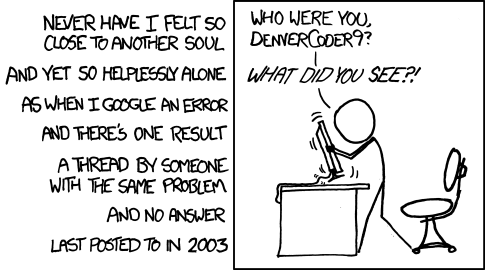

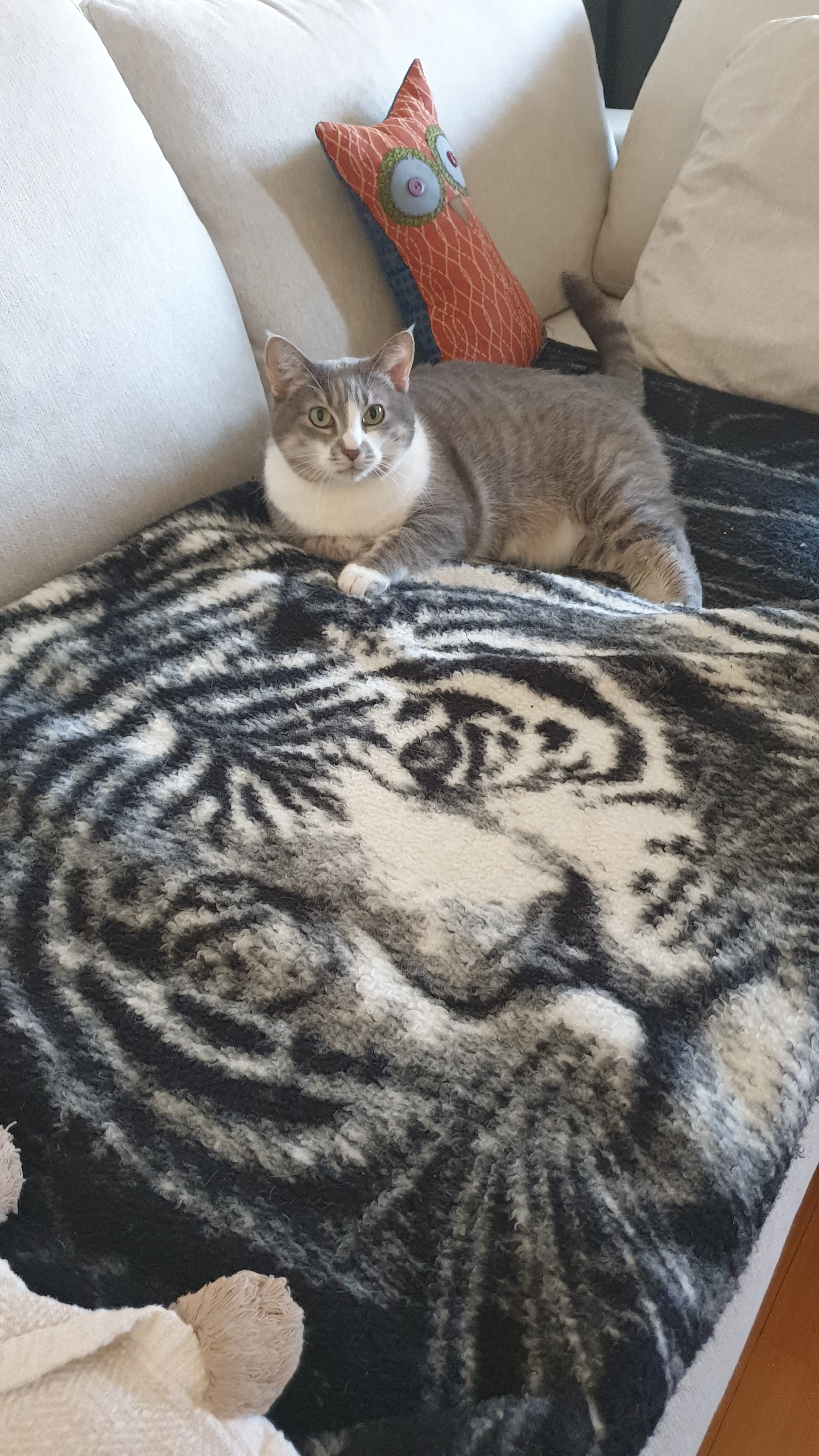

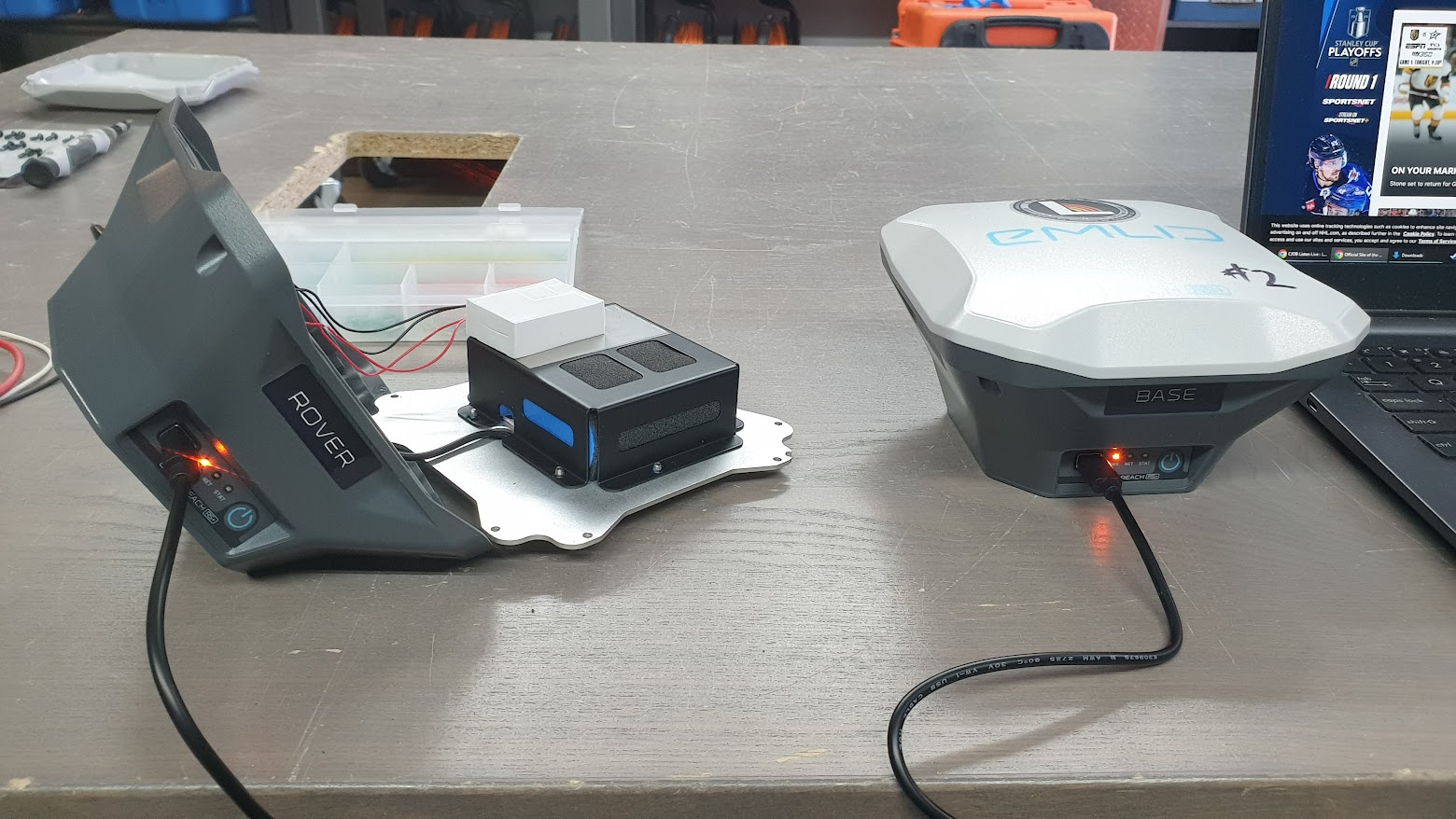
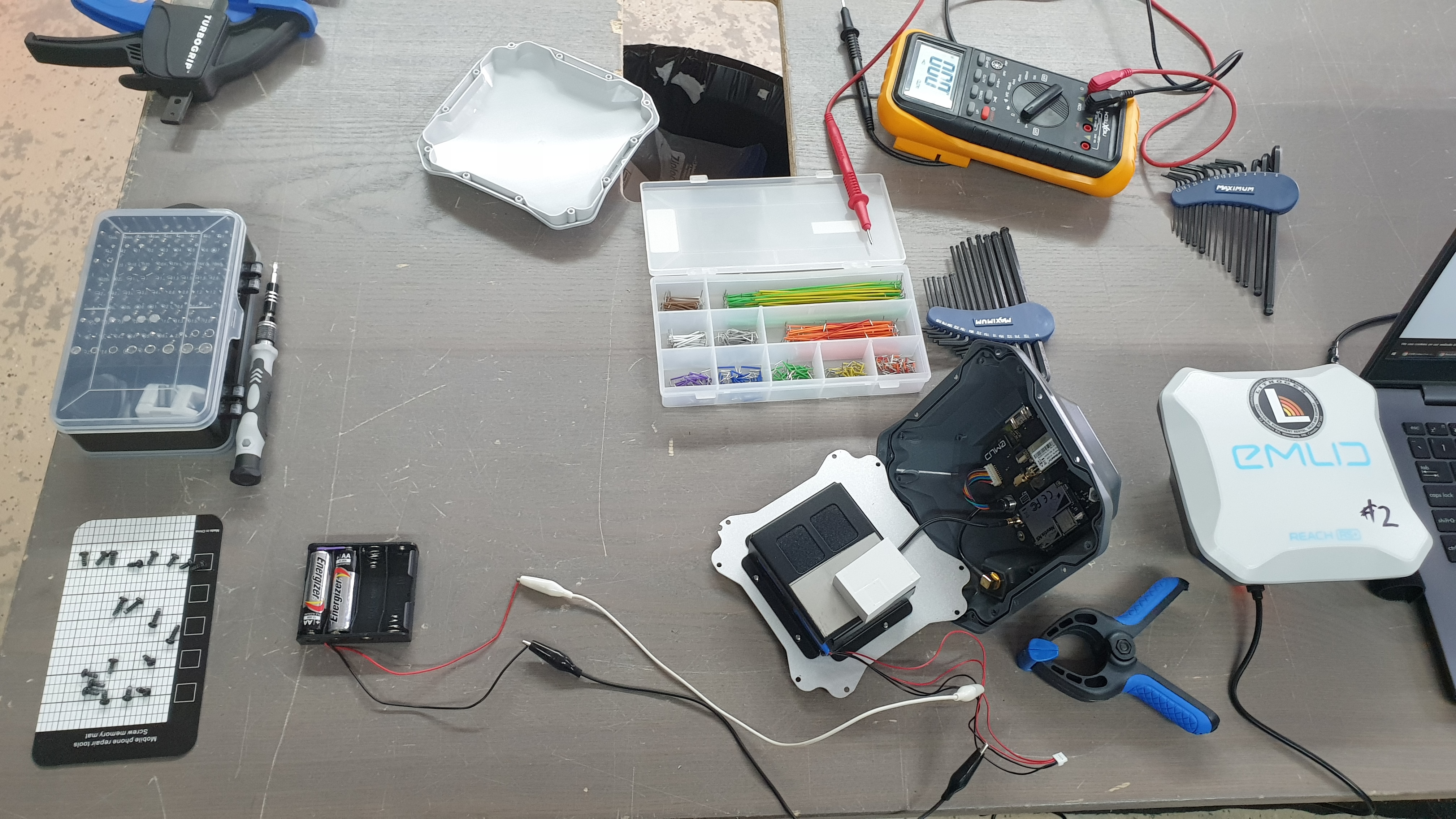



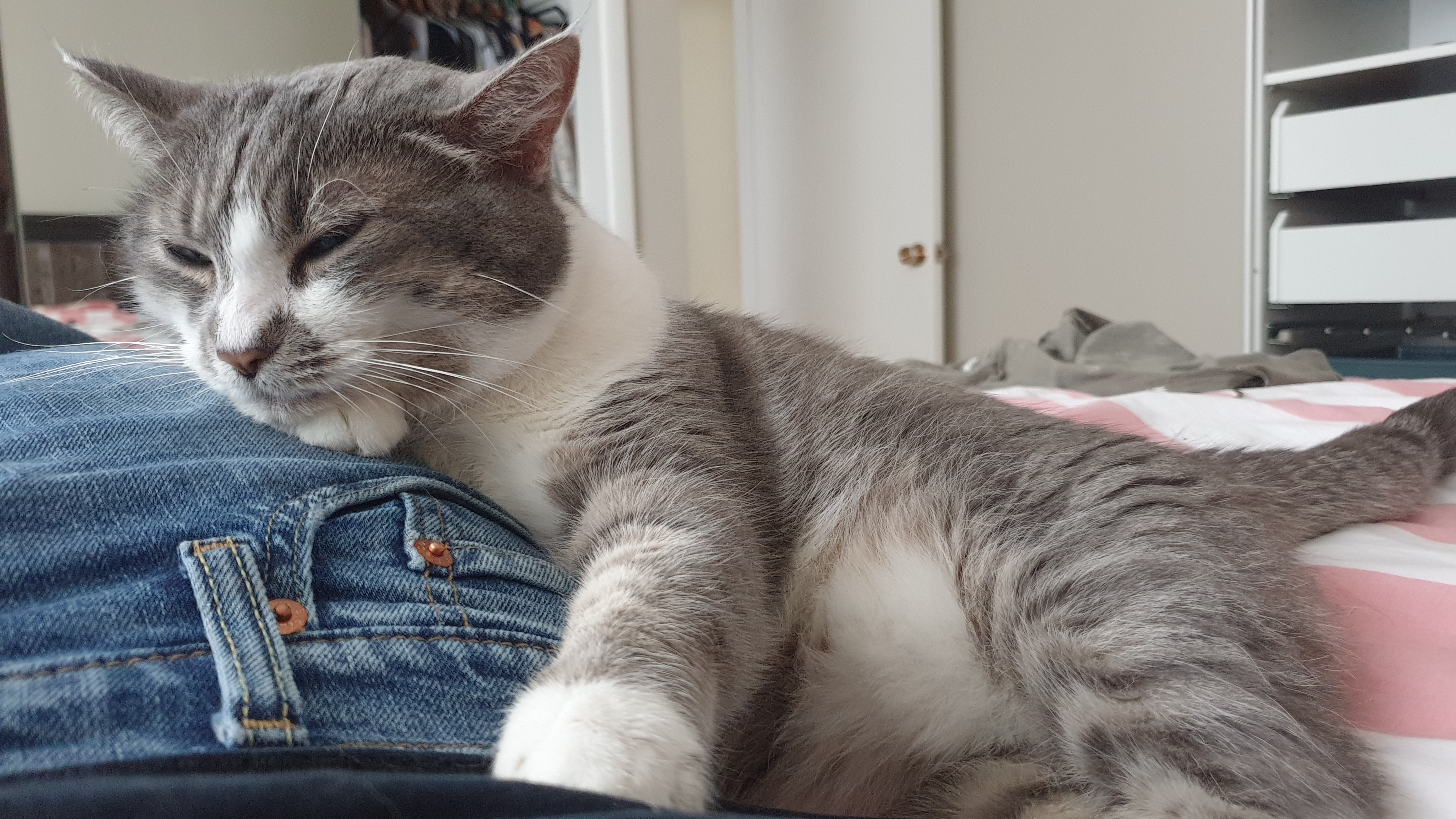
Yes, well, timeline shenanigans. ;)